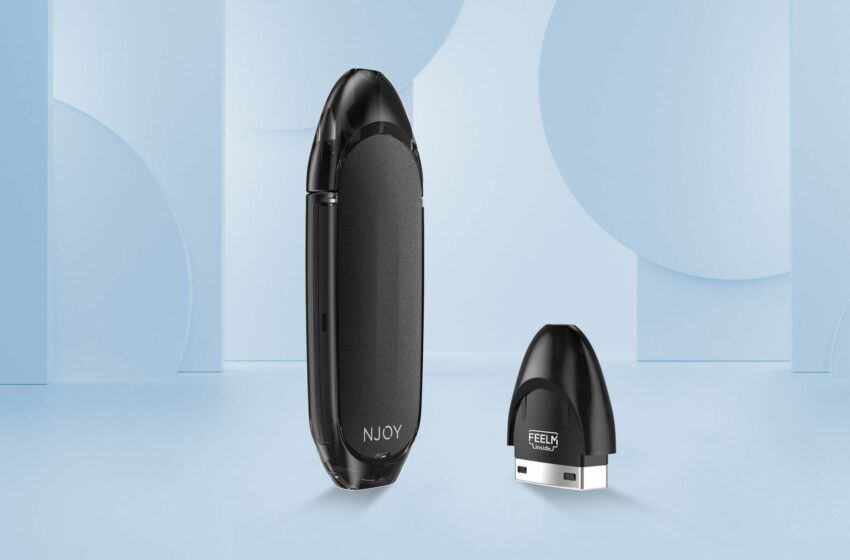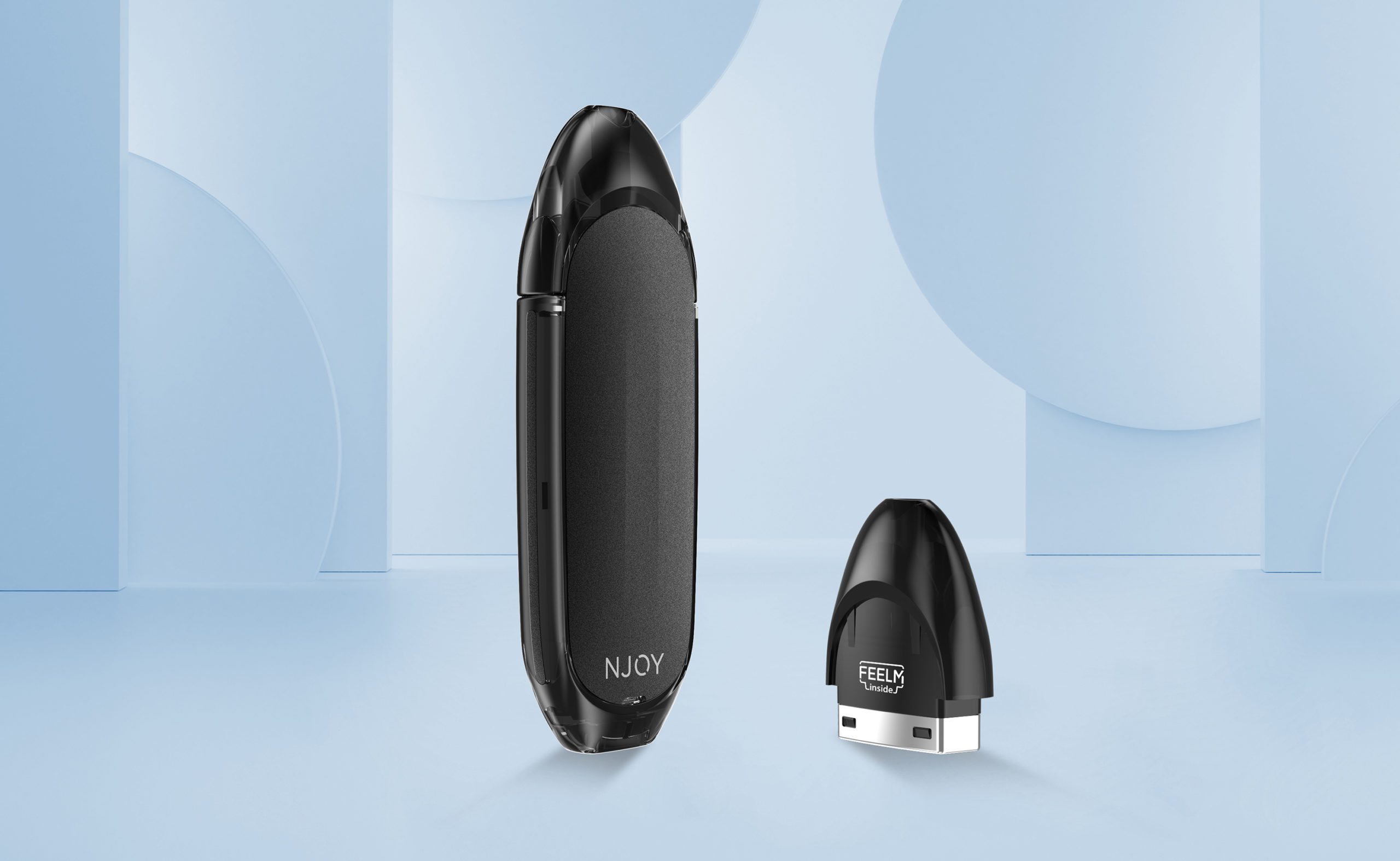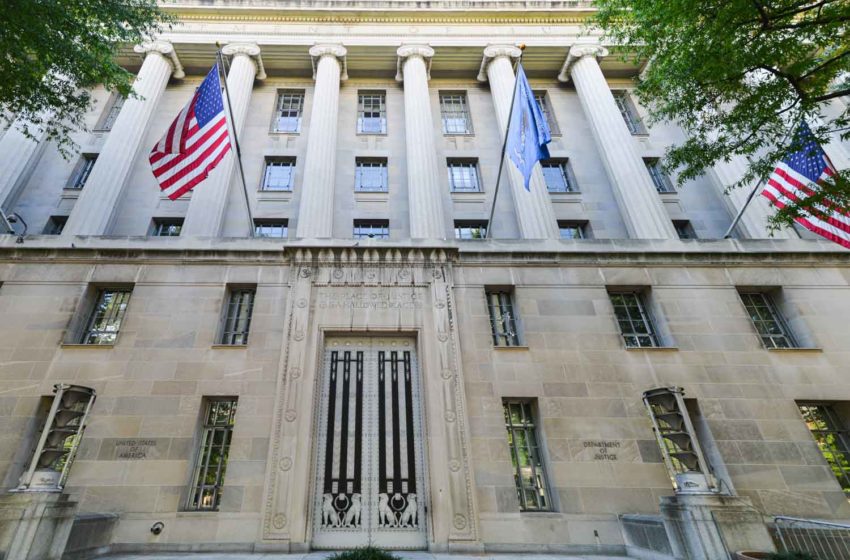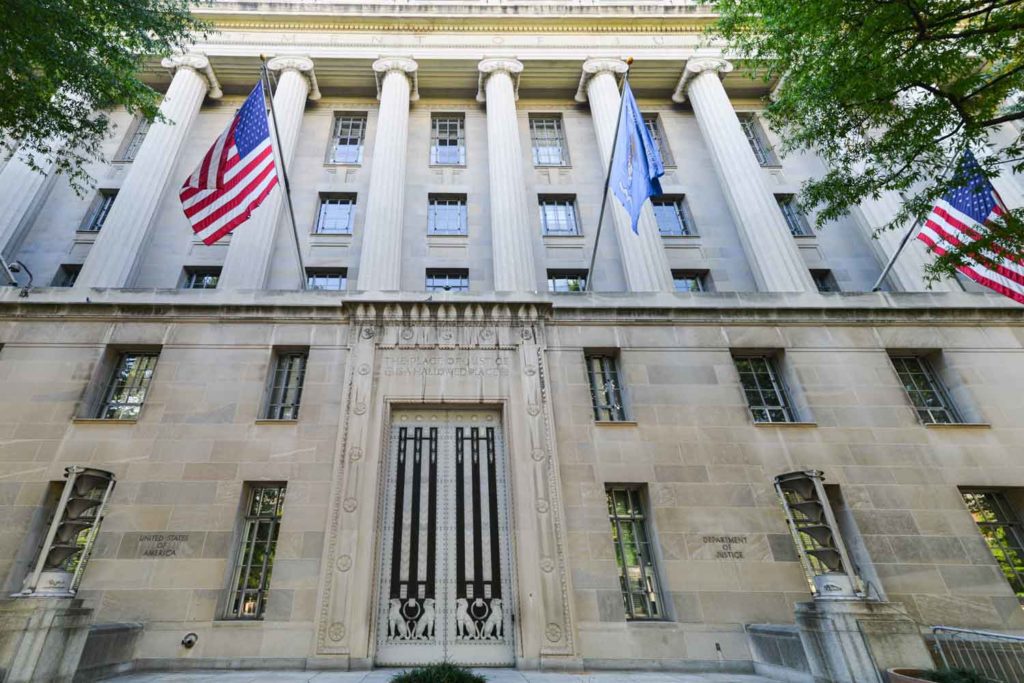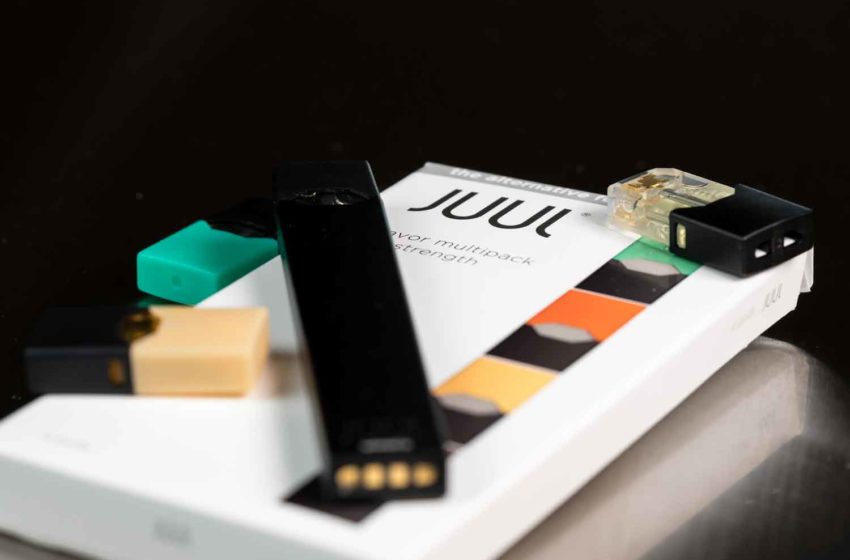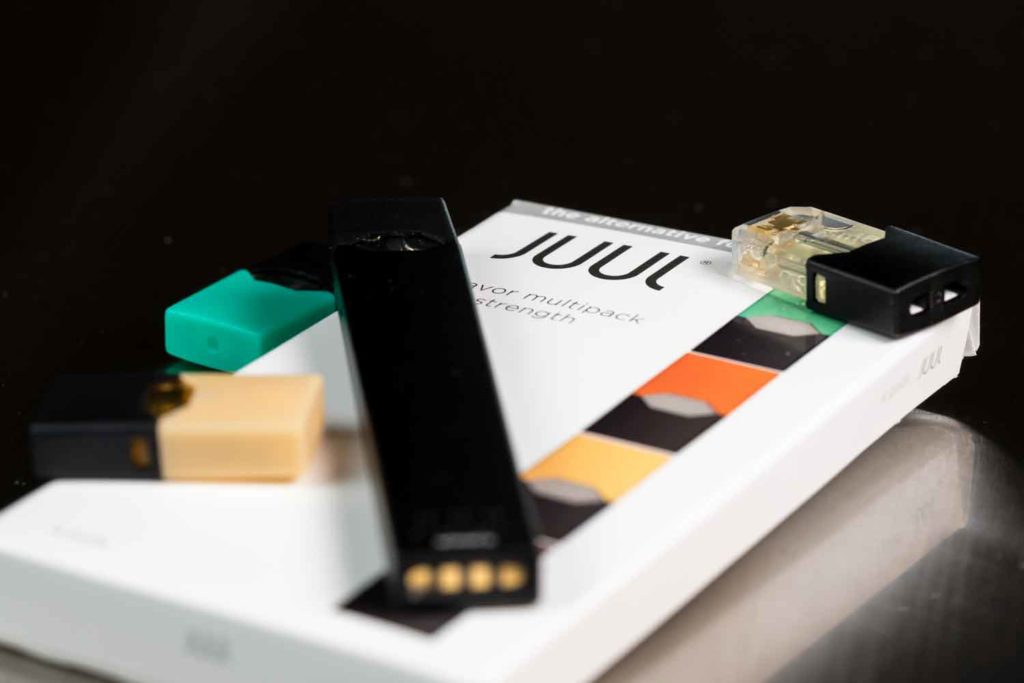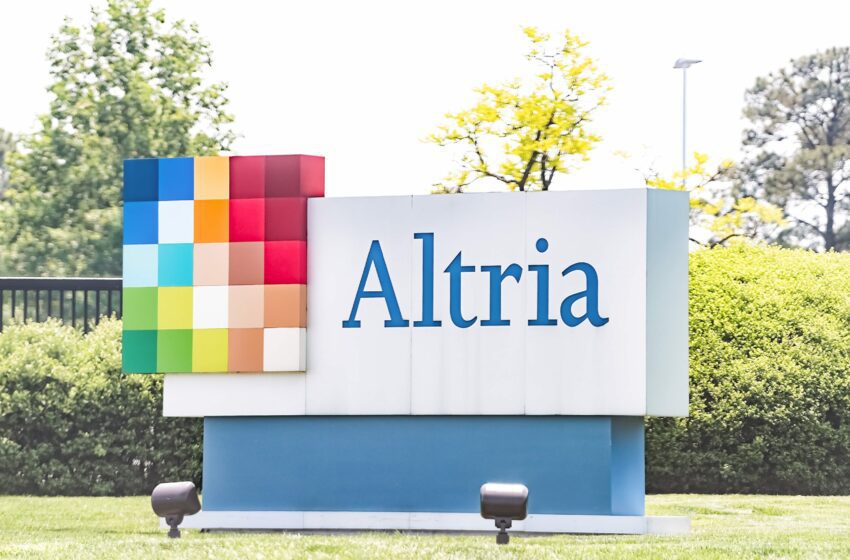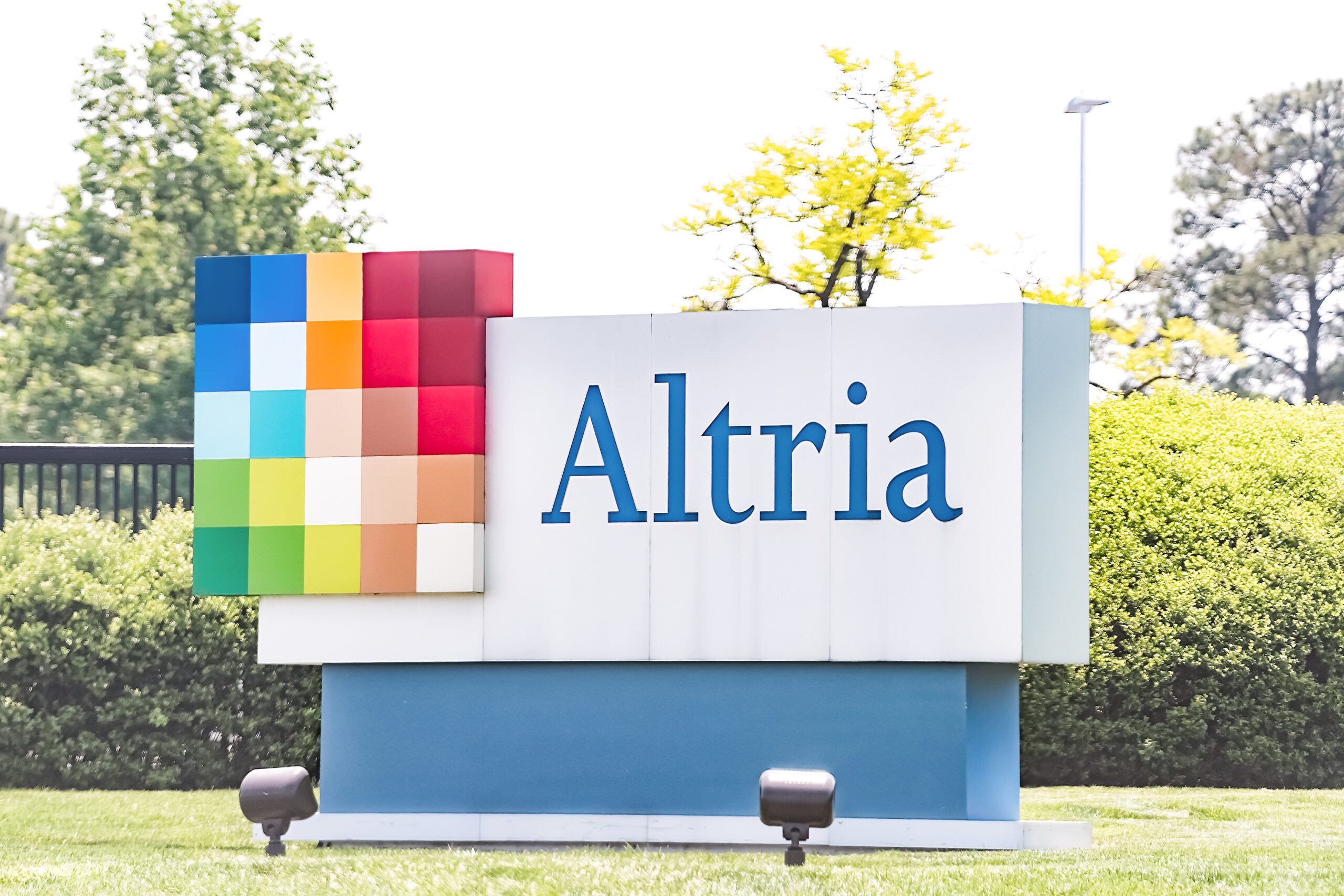
While FDA menthol market authorizations are rightly seen as a victory, they may be pyrrhic.
By Rich Hill
The flavored electronic nicotine-delivery systems (ENDS) road has been a bumpy ride. Going back to pre-deeming days, flavored ENDS were ubiquitous, as were unquantified, anecdotal reports of their cigarette-smoking cessation efficacy. Following the accelerated premarket tobacco product application (PMTA) submission timeline, as everyone knows, the Center for Tobacco Products’ (CTP) decisions decimated flavored ENDS. Likewise, even the most sophisticated companies were receiving marketing denial orders (MDOs) for menthol ENDS. Throughout this bloodbath, the CTP oft repeated that flavored products need to demonstrate a cessation benefit to adult smokers weighed against the risk of youth initiation. Until recently, this had not played out.
Njoy’s marketing granted orders (MGOs) for menthol Ace and Daily products was a watershed moment demonstrating that an ENDS product with a flavor other than tobacco could be granted marketing authorization status. However, the authorization does leave some questions unanswered.
CTP’s Menthol Positioning
In 2022, the CTP staked out its position on menthol in the cigarette context with the product standard prohibiting menthol in cigarettes. The center asserted that menthol reduces irritation and harshness of smoking, increases appeal and makes cigarettes easier to use—especially for youth, increases nicotine’s sensory effects in the brain and makes it more difficult to quit smoking. While the first points on irritation and harshness are unique to cigarettes, the CTP’s other points arguably apply to menthol and nicotine more generally—a dour omen for ENDS and other products.Given this position, particularly on youth initiation, it came as little surprise that several menthol ENDS products received MDOs over the past several years.
An About Face?
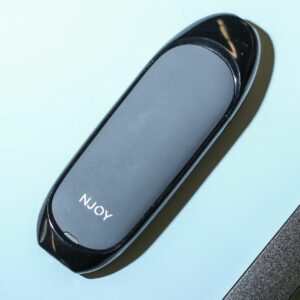



Beyond Njoy’s successful showing of product characterization, toxicology and abuse liability data, according to the Njoy Ace Technical Project Lead Review (TPLR), behavioral studies and marketing restrictions appear to have made the difference. Alongside other behavioral studies, Njoy simply did what the CTP required and conducted a longitudinal study comparing cigarette smoking cessation efficacy between tobacco and menthol ENDS products. Per the TPLR, “[t]he applicant’s findings and additional analyses conducted by statistics demonstrate a statistically significant added benefit of using menthol-flavored Njoy Ace compared to classic tobacco flavor … in achieving past-30-day [combustible cigarette] smoking cessation ….” Among other data in the TPLR, Table 3 reports that in the Intention to Treat Analysis, initial flavor at baseline analysis resulted in 26.6 percent past-30-day abstention rates for menthol versus 19.3 percent for tobacco at 6 months. When analyzed by flavor at time of switching, past-30-day cessation rates of 27.1 percent for menthol versus 19.3 percent for tobacco at 6 months were reported.
Along with the adult cessation data, Njoy agreed to a long list of marketing restrictions—beyond what is observed in other applications. The restrictions included limitations on advertising means including no radio, television, outdoor, print, search engine advertising, social media promotions, product placements, engagements or activations or influencers, sponsors, etc., among others. Talent portrayals would be limited to models over 45 years of age. Njoy identified a range of sales restrictions as well.
Ultimately, after assessing the youth data and risks, the TPLR executive summary states, “[t]he PMTAs contain sufficient evidence to show that the new products have the potential to benefit adults who smoke combustible cigarettes and who switch completely or significantly reduce their combustible cigarettes use …. The applicant also proposed robust marketing plans that include restrictions beyond those required with PMTA authorization. The Office of Health Communication and Education has determined that these restrictions may help further limit youth exposure to the new product, the products’ labeling, advertising, marketing, and/or promotion, and the potential for youth initiation.”



Questions Remain from the Njoy Decision
The MGO, however, raises two interesting questions. First, how much adult benefit is enough to overcome youth uptake? And second, what impact do marketing restrictions have on marketing authorization decisions?
The Math on Youth Use vs. Adult Cessation – How Much Differential is Enough?
The TPLR reports youth Njoy use data from both applicant data and national surveys and concludes that “[w]hile ENDS with nontobacco flavors and high nicotine delivery may help adults who smoke switch from CC to ENDS, these same characteristics may facilitate initiation and continued nicotine use by youth.” The cost-benefit analysis is troubling because CTP provides no real quantitative measure comparing youth use rates to adult cessation rates. Rather than a numerical comparison, the analysis seems to rely upon the totality of the evidence. As the TPLR states, “the totality of evidence provided by the applicant suggests that the menthol-flavored [product] … is associated with significantly higher smoking cessation rates than tobacco-flavored Njoy Ace products, and epidemiology concluded that the new products are highly beneficial to adults who smoke CC.” The close of the TPLR user population synthesis states that menthol-flavored new products pose a risk to youth but went on to assert that the data “demonstrate added benefit of using menthol-flavored compared to classic tobacco-flavored … Njoy Ace in achieving past-30-day smoking cessation—a showing required to outweigh the risks associated with flavored ENDS among youth.”
For some time, many in industry have wondered how much cessation difference between tobacco and flavored ENDS would be enough to outweigh risk to youth. While the balancing test is not numerically quantified, this marketing decision does provide some level by which to assess menthol products.
Are Marketing Plans Back on the Table?
In the White Lion Investments dba Triton Distribution v. FDA5th Circuit Court of Appeals decision from January 2024, the majority opinion found that the FDA ignored marketing plans in the Triton PMTAs: “[w]orse, after telling manufacturers that their marketing plans were ‘critical’ to their applications, FDA candidly admitted that it did not read a single word of the 1 million plans.”
Njoy’s marketing plan, however, seems to have an effect on the outcome. Reviewers remarked that the Njoy plan was “robust and is expected to limit youth exposure” to marketing materials. Interestingly, the TPLR states that the marketing plan was “not considered in the APPH assessment,” but then goes on to refer to the plan positively, stating, “the applicant’s approach to marketing may help further limit youth exposure to the new products.”In Njoy’s case, the marketing plans may not have moved the APPH needle but were considered as a net positive in youth prevention.
Are marketing plans important to your application? Beyond being a required part of the PMTA submission, it appears that in this case, the restrictions at least supplemented the adult benefit data to good effect.
Will Menthol MGOs Have an Impact in This Market?
While the menthol market authorizations are rightly seen as a victory, such a victory may be a pyrrhic one.
The presence and consumer acceptance of flavored disposable ENDS products looms over this seminal marketing authorization. The fact is that many menthol-flavored ENDS products with pending PMTAs remain on the market. Even in the face of the availability of menthol ENDS, flavored disposable ENDS sales have skyrocketed.
The Centers for Disease Control and Prevention published a Morbidity and Mortality Weekly Report (MMWR) in 2023 assessing e-cigarette unit sales across the various categories of products and flavors using scan data from brick-and-mortar retailers only. The MMWR reported that “the percentage of disposable e-cigarette sales more than doubled, from 24.7 percent in January 2020 to 51.8 percent in December 2022.” The predominant disposable flavors reported were “flavors other than tobacco, menthol or mint” (71.4 percent in 2020 and 79.6 percent in 2022). At the same time, menthol ENDS sales overall did not significantly change, while tobacco and mint flavors declined. With half of the market occupied by flavors that consumers clearly want, the growth space for a couple of menthol products seems limited.
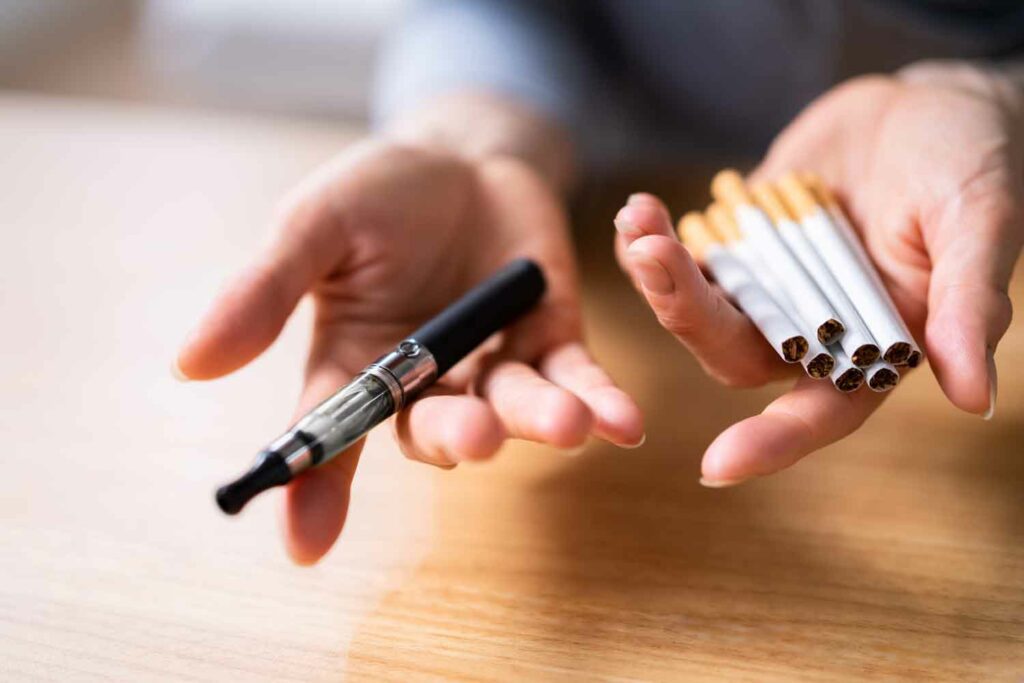



While the FDA continues to publicize enforcement efforts, the flavored disposable ENDS trend will not abate anytime soon. Given that flavored disposables are crushing the category, it seems unlikely that the MGOs for Njoy’s menthol products will play a significant role in shifting market share in the near term.
Where Does This Leave Us?
Foremost, good on Njoy for cracking the code—most observers have been very skeptical that an ENDS product with any flavor would ever be granted marketing authorization. Ultimately, Njoy demonstrated what the industry knows to be true from ENDS consumers—flavors, including menthol, are a net positive for adults who smoke to transition away from higher-risk combustible cigarettes. However, questions remain about how the risk-benefit test will be applied—how that math actually works and who, other than the largest companies, can afford to produce such evidence.
Rich Hill is senior director and new product compliance counsel at E-Alternative Solutions.












